Title: Armoured Cable vs XLPE: A Comparison of Key Factors for Businesses Introduction: Businesses require robust and reliable electrical systems to ensure uninterrupted operations. Two popular options for electrical cables are armoured cables and XLPE cables. Both offer unique advantages and are designed to meet specific needs. In this article, we will compare armoured cable and XLPE cable, considering factors such as durability, flexibility, installation, cost, and application, to help businesses make an informed decision. 1. Durability: Armoured Cable: Armoured cables are designed with an additional layer of protection made of galvanized steel wire or tape. This extra layer enhances the cable’s resistance against physical damage, moisture, and impact. XLPE Cable: Cross-linked polyethylene cables (XLPE) have excellent insulation properties, which make them resistant to moisture, chemicals, and environmental conditions. Although they do not have the added physical protection of armoured cables, their durable insulation contributes to their longevity. 2. Flexibility: Armoured Cable: Armoured cables are relatively rigid due to their steel reinforcement, limiting their flexibility.
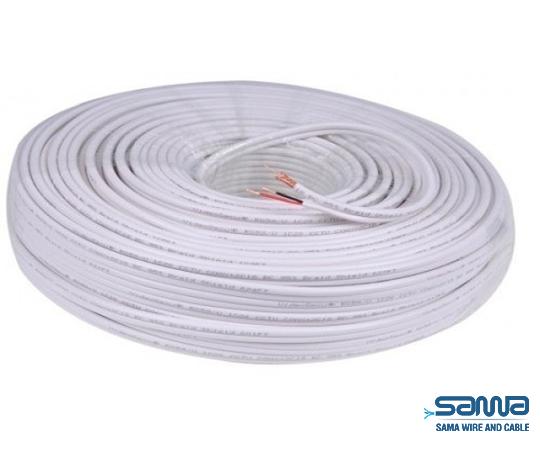
.
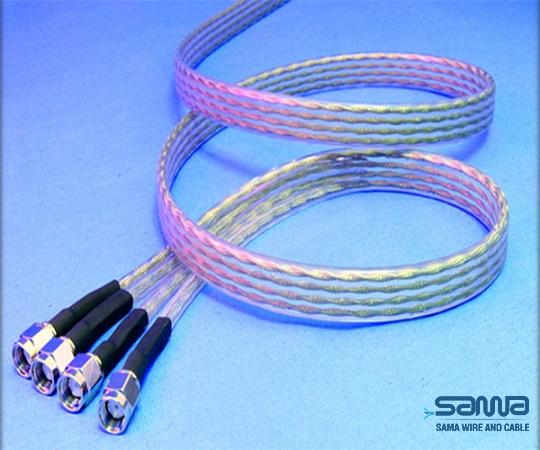 They are commonly used in fixed installations where little to no movement is expected. XLPE Cable: XLPE cables are more flexible compared to armoured cables. This flexibility allows for easier installation, maneuvering around corners, and routing through tight spaces. XLPE cables are often used for temporary or mobile installations. 3. Installation: Armoured Cable: Installing armoured cables can be more labor-intensive due to their bulkier and rigid nature. Special tools and techniques are often required, and the cables need to be protected against any damage during installation. XLPE Cable: The flexibility of XLPE cables makes them comparatively easier to install. They are lightweight and can be easily maneuvered, reducing the overall installation time and costs. XLPE cables are commonly used for projects that require rapid deployment.
They are commonly used in fixed installations where little to no movement is expected. XLPE Cable: XLPE cables are more flexible compared to armoured cables. This flexibility allows for easier installation, maneuvering around corners, and routing through tight spaces. XLPE cables are often used for temporary or mobile installations. 3. Installation: Armoured Cable: Installing armoured cables can be more labor-intensive due to their bulkier and rigid nature. Special tools and techniques are often required, and the cables need to be protected against any damage during installation. XLPE Cable: The flexibility of XLPE cables makes them comparatively easier to install. They are lightweight and can be easily maneuvered, reducing the overall installation time and costs. XLPE cables are commonly used for projects that require rapid deployment.
..
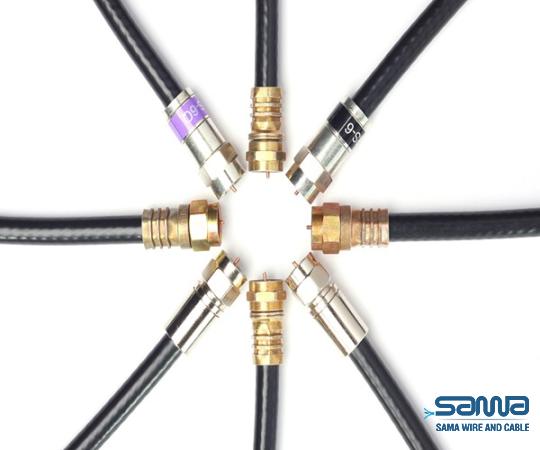 4. Cost: Armoured Cable: The additional layer of steel reinforcement in armoured cables makes them more expensive than their XLPE counterparts. However, the enhanced durability they offer can result in longer service life, potentially offsetting the initial investment. XLPE Cable: XLPE cables are generally more cost-effective compared to armoured cables, especially for projects with less demanding environmental conditions. They provide reliable performance at a lower price point, making them a popular choice for many businesses. 5. Application: Armoured Cable: Given their robust construction, armoured cables are ideal for outdoor and underground installations, including power distribution networks, industrial applications, and construction sites.
4. Cost: Armoured Cable: The additional layer of steel reinforcement in armoured cables makes them more expensive than their XLPE counterparts. However, the enhanced durability they offer can result in longer service life, potentially offsetting the initial investment. XLPE Cable: XLPE cables are generally more cost-effective compared to armoured cables, especially for projects with less demanding environmental conditions. They provide reliable performance at a lower price point, making them a popular choice for many businesses. 5. Application: Armoured Cable: Given their robust construction, armoured cables are ideal for outdoor and underground installations, including power distribution networks, industrial applications, and construction sites.
…
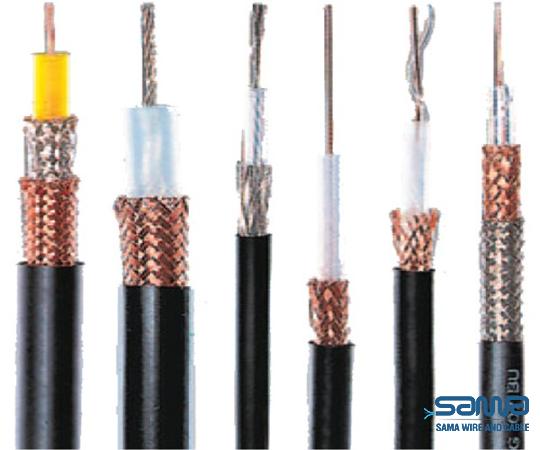 XLPE Cable: The excellent insulating properties of XLPE cables make them suitable for various applications, such as power transmission, renewable energy projects, and critical infrastructure. They are also commonly used in industries with moderate to high voltage requirements, such as factories and commercial buildings. Conclusion: Both armoured cables and XLPE cables have their advantages and are suitable for different business applications. Armoured cables offer enhanced physical protection and are best suited for rugged environments, while XLPE cables provide excellent insulation properties and increased flexibility, making them ideal for temporary or mobile installations. When choosing between the two, businesses should carefully consider their specific needs, budget, and the project’s environmental conditions to make the most appropriate decision for their electrical system requirements.
XLPE Cable: The excellent insulating properties of XLPE cables make them suitable for various applications, such as power transmission, renewable energy projects, and critical infrastructure. They are also commonly used in industries with moderate to high voltage requirements, such as factories and commercial buildings. Conclusion: Both armoured cables and XLPE cables have their advantages and are suitable for different business applications. Armoured cables offer enhanced physical protection and are best suited for rugged environments, while XLPE cables provide excellent insulation properties and increased flexibility, making them ideal for temporary or mobile installations. When choosing between the two, businesses should carefully consider their specific needs, budget, and the project’s environmental conditions to make the most appropriate decision for their electrical system requirements.

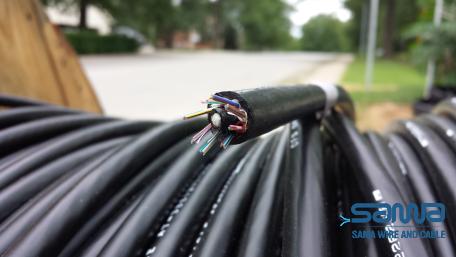
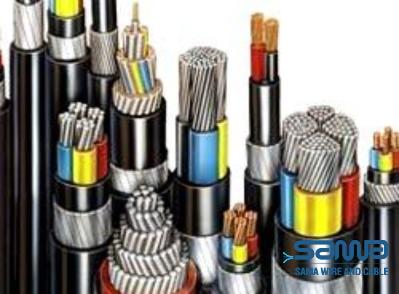


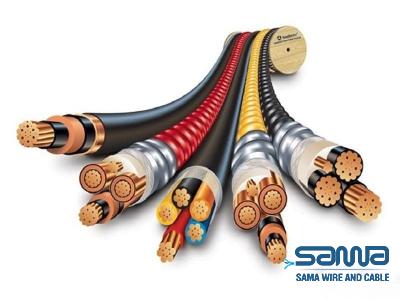
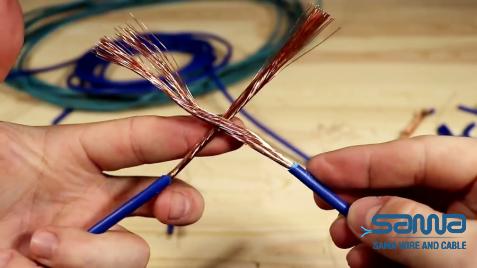
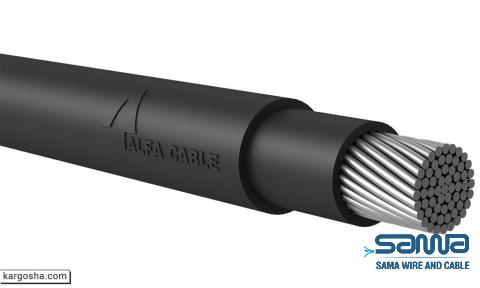
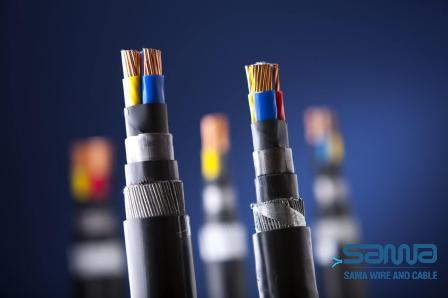
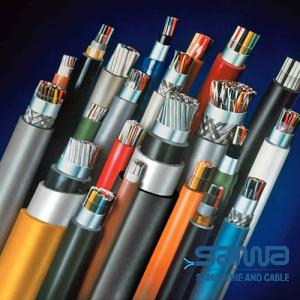
Your comment submitted.